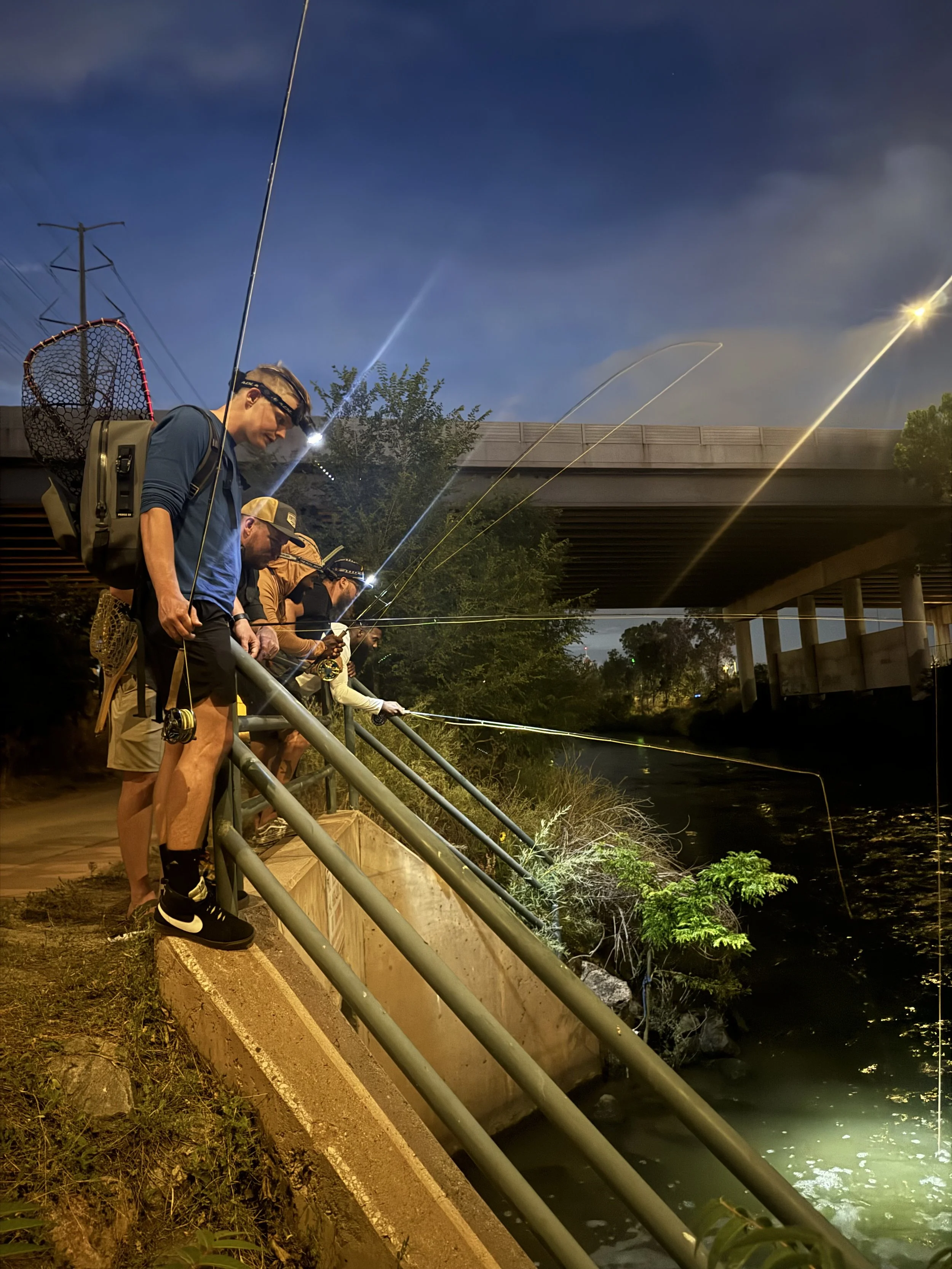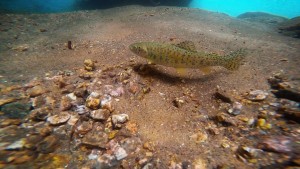By Corey Fisher Senior Policy Director for Trout Unlimited Caddis fly blizzards on the Arkansas River in Browns Canyon National Monument. Strongholds of native redband trout in the Cascade-Siskiyou National Monument. Fishing with the ghost of Henry David Thoreau in the Katahdin Woods and Waters National Monument.
These are just a few of the reasons Trout Unlimited supports the Antiquities Act and the ability for presidents to use the act to designate national monuments. As national monuments, each of the places will be kept just the way they are today and provide world-class coldwater habitat and fishing opportunities for future generations – or so we hope.
Take action to stand up for our National Monuments!
On Wednesday, President Trump issued an executive order, Review of Designations Under the Antiquities Act, calling for a review of national monument designations over 100,000 acres since 1996 (or at the discretion of the Secretary of the Interior) and instructing the Secretary to provide “recommendations for such Presidential actions, legislative proposals, or other actions” if determined that a monument should be rescinded or resized.
This unprecedented action could have far-reaching implications for America’s public lands and hunters and anglers. Trout Unlimited cautions that the order could lead to the weakening of national monument protections and the Antiquities Act, a law championed by Theodore Roosevelt and used by sixteen Presidents – eight Republican and eight Democratic – to protect some of America’s most iconic landscapes.
This review starts us down a path that could jeopardize protected public lands that help to sustain our outdoor traditions, such as Rio Grande del Norte National Monument. In these places, locally driven conservation efforts need to be preserved and celebrated, not questioned.
The Antiquities Act has historically been a bipartisan tool for conserving public lands that are part of our natural heritage and important for America’s sportsmen and women. After signing the act into law, President Theodore Roosevelt designated over 1.5 million acres of public land as national monuments, both large and small. Since then, the act has been used to enable long-term conservation of some of the best fish and wildlife habitat and hunting and angling opportunities in the country.
When Congress has been unwilling or unable to enact widely supported conservation initiatives, the Antiquities Act has provided a path forward to see these efforts through to fruition. The Antiquities Act is a powerful tool for conservation. Like any tool, it must be used appropriately, but it is important to keep this tool available for those times and places it is needed.
For this reason, hunting and fishing groups have been calling on elected officials to uphold the legacy of Theodore Roosevelt and set an example for how the Act can be used responsibly, rather than attacking national monuments and the Antiquities Act. These efforts have included a letter from the CEOs of five national sporting groups expressing opposition to any executive action to overturn a national monument.
An angler looks to hook up with a trout while fishing Rio Grande del Norte National Monument. Joshua Duplechian/Trout Unlimited
It remains to be seen what final actions will stem from the review mandated by President Trump’s executive order, but one thing is clear: we must remain vigilant to ensure that some of America’s most cherished landscapes remain protected as national monuments.
Read more about national monuments and the Antiquities Act.
Take action today – tell Congress don’t mess with the monuments!
Own a business? Sign the outdoor business letter to Congress.
Read a press release from Trout Unlimited and partners in response to the Executive Order.
Corey Fisher is the Senior Policy Director for Trout Unlimited. He can be reached at CFisher@tu.org






 Colorado TU’s Board of Directors has voted to support HB 1321. Since 2009, CPW has cut or defunded fifty staff positions and sliced $40 million from the wildlife budget. Without new revenue, more painful cuts are inevitable.This bill gives the Parks and Wildlife Commission authority to set fees, within a cap set at a 50% increase from current levels. Importantly, it allows future license fees to be adjusted gradually over time to keep up with inflation rather than needing the legislature to approve larger increases every few years. The bill would also allow out-of-state fishing license fees for Colorado to be increased to bring Colorado’s pricing in line with peer states like Montana, Wyoming, and Utah. A senior fishing license (not more than half the regular price) would also be re-instituted. The bill also would add a new sticker and fee program for boats, to help finance inspections for aquatic nuisance species.
Colorado TU’s Board of Directors has voted to support HB 1321. Since 2009, CPW has cut or defunded fifty staff positions and sliced $40 million from the wildlife budget. Without new revenue, more painful cuts are inevitable.This bill gives the Parks and Wildlife Commission authority to set fees, within a cap set at a 50% increase from current levels. Importantly, it allows future license fees to be adjusted gradually over time to keep up with inflation rather than needing the legislature to approve larger increases every few years. The bill would also allow out-of-state fishing license fees for Colorado to be increased to bring Colorado’s pricing in line with peer states like Montana, Wyoming, and Utah. A senior fishing license (not more than half the regular price) would also be re-instituted. The bill also would add a new sticker and fee program for boats, to help finance inspections for aquatic nuisance species. 
 that would weaken the temperature standards that are supposed to protect trout streams throughout the state. The proposed changes brought forth by the Water Quality Control Division (WQCD) would put many trout fisheries at risk including during spawning periods.
that would weaken the temperature standards that are supposed to protect trout streams throughout the state. The proposed changes brought forth by the Water Quality Control Division (WQCD) would put many trout fisheries at risk including during spawning periods.
 Trout Unlimited is working to ensure that the temperatures of Colorado's streams remain at a healthy level for trout to survive. CTU has put together an
Trout Unlimited is working to ensure that the temperatures of Colorado's streams remain at a healthy level for trout to survive. CTU has put together an 



